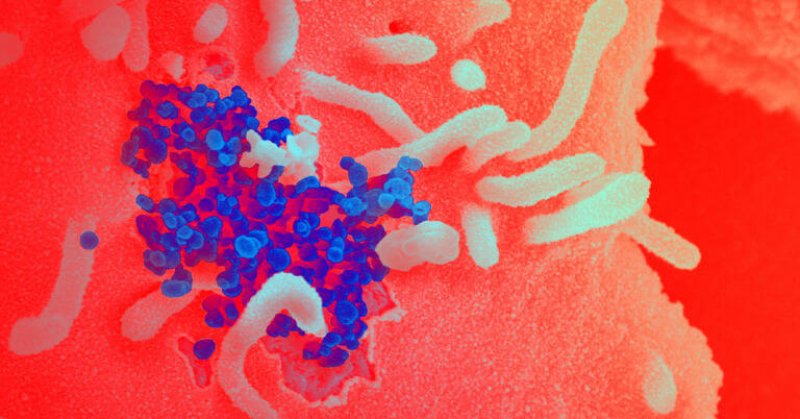It’s impossible not to draw parallels between SARS and the new coronavirus outbreak, COVID-19, that’s been ravaging China and spreading globally. Yet the response to the two epidemics also starkly highlights how far biotech and global collaborations have evolved in the past two decades. Advances in genetic sequencing technologies, synthetic biology, and open science are reshaping how we deal with potential global pandemics.
…
A virus’s genetic blueprint is the first clue to its origins and traits. The response to COVID-19 was extremely rapid. Within a month of the first identified case in Wuhan, Chinese scientists had deposited the virus’s partial genetic blueprint into GenBank, an online, widely-consulted database.
Almost immediately, scientists from all sectors—academic, biotech, government—around the world began ordering parts of the virus genome online to study in their own labs.
…
Rapid sharing of the viral genome plus easy online ordering make it much easier for scientists to study the bug and test potential vaccines. According to a CBS8 report, Inovio, a biotech company based in San Diego, has already created a potential vaccine for COVID-19 and tested it in mice and guinea pigs. If they gain FDA approval, clinical trials in humans could begin as early as this summer.































